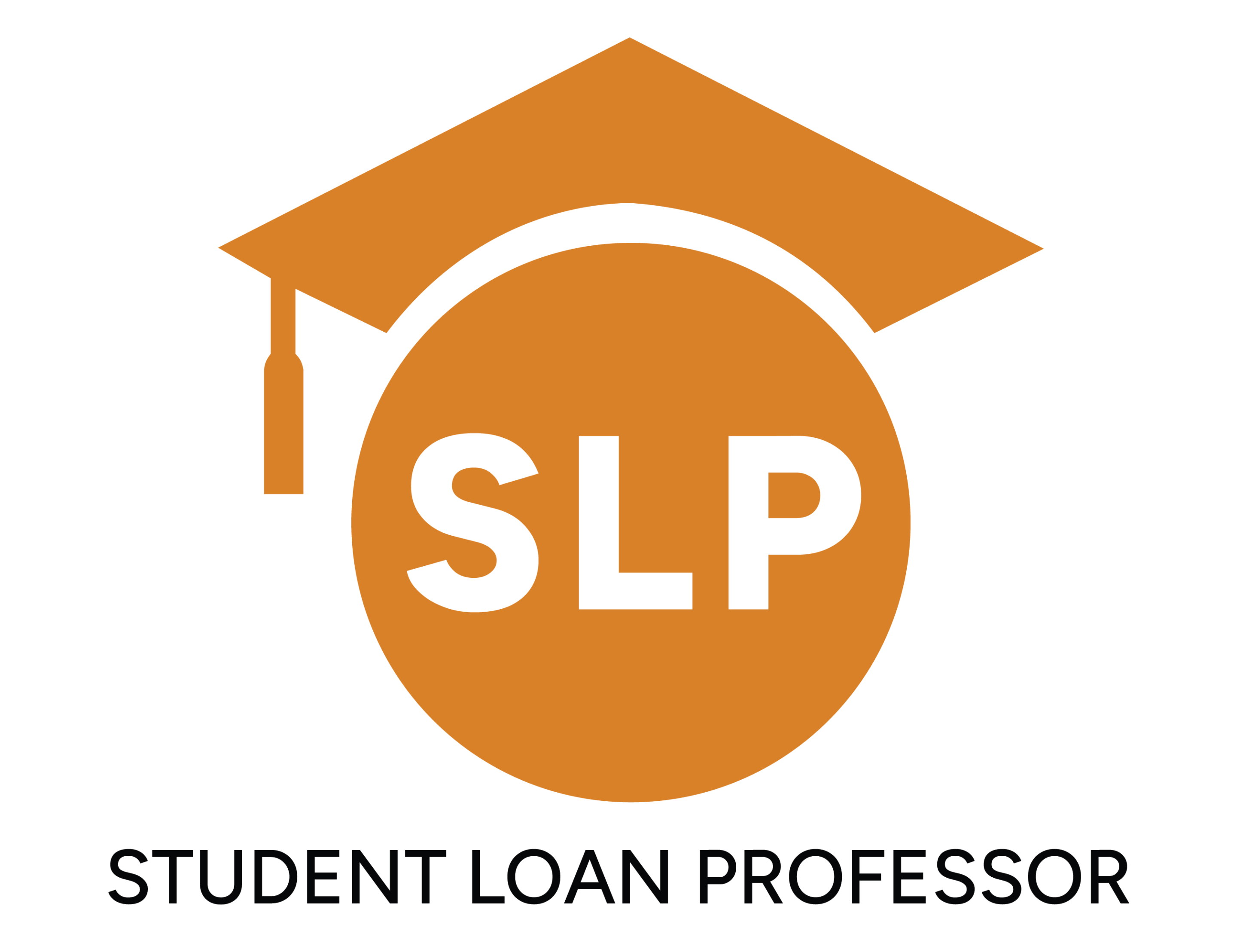The first day of winter is right around the corner, and it’s a great time to cozy up with a hot cup of cocoa and watch your favorite holiday movies. You may not feel like “It’s a Wonderful Life” if you’re burdened with the stress of student loan debt, but fear not! We’re here to make your student loan journey as merry as Kevin McCallister outsmarting the Wet Bandits. Picture this: a “Charlie Brown Christmas” tree representing your debt, beautifully transformed into a beacon of financial clarity by a continual stream of insightful information, unbiased advice, and strategic planning. Forget the leg lamp from “A Christmas Story”—light up your life with the brilliance of lower payments and interest! This season, let’s make your student loan story a heartwarming tale worth retelling by the fire. Now on with the news!
Major Proposals for Loan Cancellation!
Since October, we’ve reported on the Negotiated Rulemaking (Neg Reg) process in the wake of the SCOTUS decision against the Biden administration. The committee has been discussing ideas to implement a “Plan B” to provide loan relief to borrowers. As we’ve noted, this second attempt is targeting specific groups (or demographics) of borrowers instead of mass loan forgiveness simply based on an income threshold. The Department of Education recently put several recommendations for full or partial loan cancellation in front of the Neg Reg committee for consideration and deliberation during their final meetings this week. We’ve grouped and summarized these for you in a dedicated blog post which we posted recently. We’re not sure if the committee will be a Mr. Potter or a George Bailey, but our general take is that these forgiveness “waivers” have a much better chance of becoming reality than Biden’s initial attempt.
SECURE Act 2.0 Takes Effect January 1st
It’s OK if you have no idea what the SECURE Act 2.0 is, but it made waves in the worlds of finance and benefits when it was finalized back in July. The Setting Every Community Up for Retirement Enhancement Act (SECURE) Act 2.0 is a set of rules aiming to increase the dire retirement savings rates of many Americans. Survey after survey shows that many in the labor force (and particularly those ages 25 to 35), are not saving as much as they need to fund their retirements. Furthermore, many survey respondents claimed they could not afford to save for retirement due to their student loan payments.
SECURE 2.0 has nine key provisions that take effect in 2024, such as automatically enrolling employees into 401(k) or 403(b) plans (unless the employee opts out). However, there’s one provision in particular we want to highlight: SECURE 2.0 allows employers to match a portion of an employee’s student loan payments and deposit money into their retirement accounts in the same way they would match a traditional 401(k) contribution.
While this is a great gift, this is an optional provision that employers are not required to offer. It’s difficult to say whether most companies will automatically adopt this new policy, but if it interests you, be proactive and lobby your HR/employee benefits office to make it happen. All of the CARES 2.0 provisions are notable, so we encourage you to read through them. Here is a great summary published by Time magazine.
Should You Check the Auto-Renew Option for Your IDR plan?
Income Driven Repayment (IDR) plans can be extremely beneficial, but they are not without their problems. One issue that causes major headaches for some borrowers is forgetting to recertify their incomes by the deadline each year. Neglecting to do this gets you booted out of the program and may result in a 10-year payment amount being billed. To remedy this, you now have the option to opt-in for automatic renewals on your IDR plan. If you do, your servicer will automatically retrieve your most recent tax returns from the IRS and use that AGI to renew your plan and calculate your payment for the next 12 months.
Is this convenient? Absolutely! But is it the right option for everyone? We don’t think so. Many of our clients can attest that recertifying their incomes strategically has saved them thousands. Most years it will be based off of your prior year taxes, but some years it pays big to use alternative income documentation instead. For instance, what if you get a bonus one year, but not the next? Do you want a full year of payments calculated using that bonus? Or, what if you change jobs and have a short gap in employment? Gaps in employment can potentially save you thousands if you use them to your advantage. Recertifying an IDR plan isn’t difficult, and servicers send out multiple notifications beginning 90 days out. Ultimately, it’s up to you whether you check the easy button or the strategic button, but around here, we think it pays to strategize!
Thank You and Happy Holidays
As we put a bow on this year, consider us your holiday elves, diligently working behind the scenes to bring financial joy and clarity around student debt. But we’re not just celebrating the end of the year; we’re embracing the spirit of transformation, much like the Grinch’s heart growing three sizes. Our gift to you is gratitude—for allowing us to be part of your student loan journey. From Home Alone’s booby traps to the warmth of a Charlie Brown Christmas, your personal story is a tale of triumph. Let’s cheers to a season filled with financial peace, magical moments, and a debt-reduced New Year that feels like the perfect Hallmark movie ending!
Let me also take a moment to thank our new editor Aileen Beno-Lietz. If you’ve noticed our newsletters have a bit more fun and flare lately, it’s all because of her. I’ve never even seen It’s a Wonderful Life! But I have seen Die Hard, the greatest Christmas movie of all time.
Brandon Barfield is the President and Co-Founder of Student Loan Professor, and is nationally known as student loan expert for graduate health professions. Since 2011, Brandon has given hundreds of loan repayment presentations for schools, hospitals, and medical conferences across the country. With his diverse background in financial aid, financial planning and student loan advisory, Brandon has a broad understanding of the intricacies surrounding student loans, loan repayment strategies, and how they should be considered when graduates make other financial decisions.



![Our Honest Thoughts On Aidvantage Student Loans [For 2025]](https://www.studentloanprofessor.com/wp-content/uploads/2024/10/SLP_fallback_2-no-logo-400x250.jpg)

